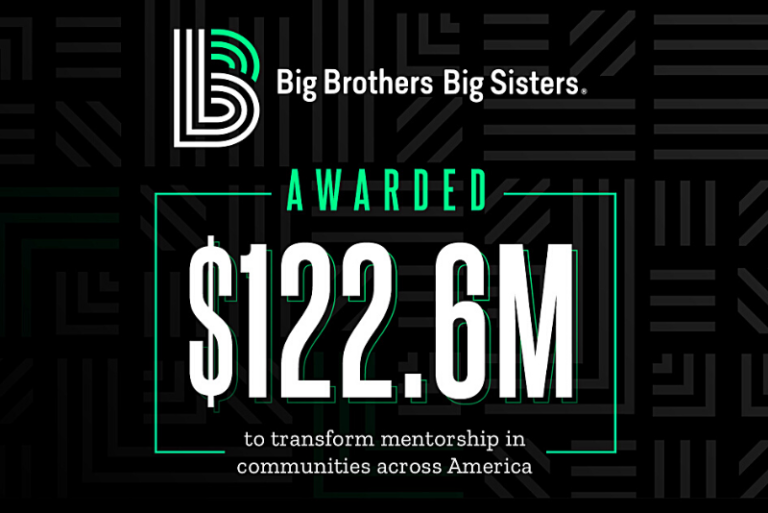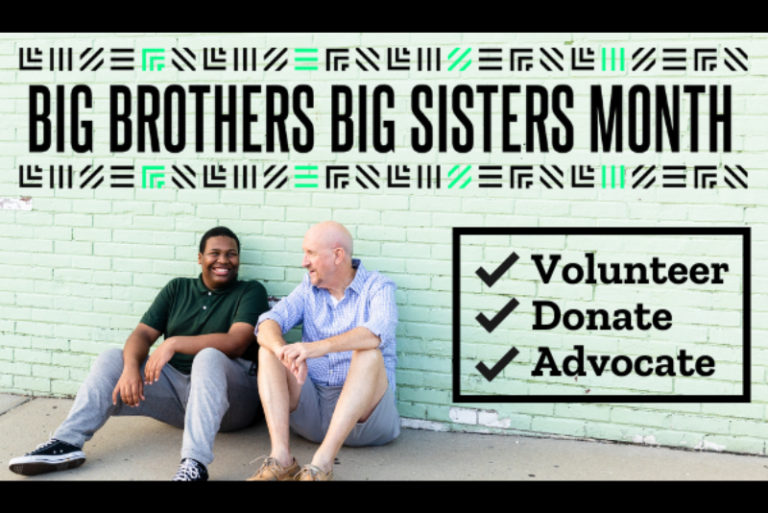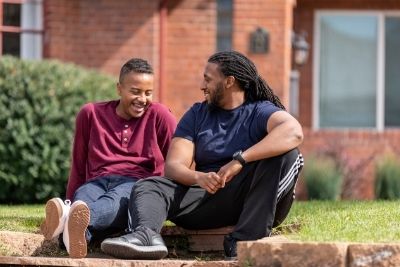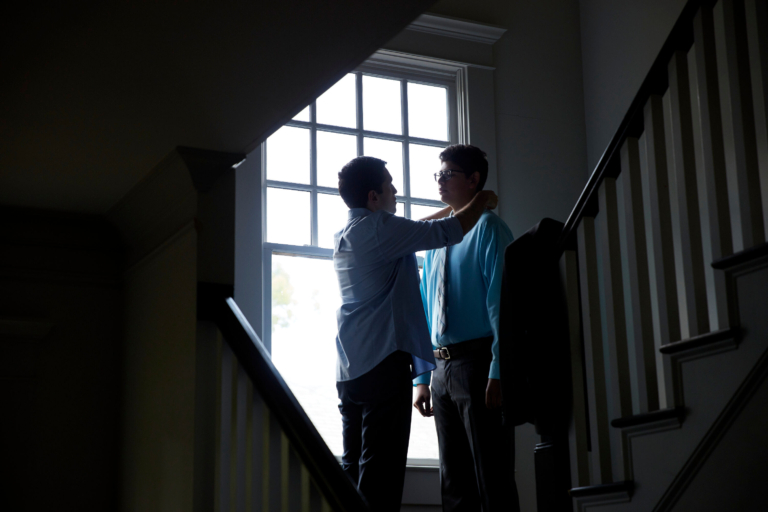Who Can Be a Mentor?
Its Myth Buster time! A common myth about mentorship is the adult should have experienced a balanced or stable childhood to be a good role model for a youth today.
Who makes a good mentor?
Can the man who grew up in foster care be a mentor?
YES!
Can the woman who is an Army Veteran and was adopted be a mentor?
YES!
Can the non-binary person raised by their grandparents be a mentor?
YES!
It is great if volunteers grew up in a stable nuclear family home. However, it is often the case when a mentor didn’t have a stable upbringing and they have managed to create a life for themselves, there is more of a bond with their mentee. Mentees in youth mentoring programs are often experiencing social adversity. They regularly are in a single parent home, they may have an incarcerated parent, they likely live near or below the poverty line, or they may be raised by another family member. A mentor who has experienced adversity as a youth themselves, provides hope for the mentee and the opportunity to see their future differently. The child can start to envision a time where their life isn’t always going to be chaotic or problematic.
A driving motivation for many mentors is they remember what it was like to be the age of their mentee. Maybe the volunteer struggled in their childhood, but they have learned how to build their life up despite lack of guidance and they want better for the next generation. They have already gotten out of their own circumstances and can give life advice to their mentee on how to cope and become more independent. Often, learning what not to do in life leads to a deeper understanding of how to correctly go about living.
A mentor doesn’t need to be perfect. A mentor just needs to be there consistently, be supportive, willing to listen, teach and learn.







